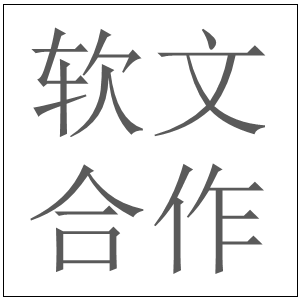专访505Games亚太区副总裁Thomas Rosenthal:一所专门培养游戏人才的大学是什么样的?(13)
扫一扫
分享文章到微信

扫一扫
关注99科技网微信公众号
We’re still the very small elephant in the room respect to markets like the UK, France, Germany or Poland where there are many incentives and where government support is strong for video game development studies, but we are making important progress. This is mainly due to a shift in the pubic perception of video games and new support from the Italian government. For example, the government recently introduced tax credits for video game developers.
Our hope is that, like in other international markets, video games will become an integral part of the economy, adding real value to the market and creating numerous job opportunities.
Q:What are the obvious differences between the overall game industry(including R&D, publishing and marketing) in Italy and China?
Thomas Rosenthal : Although our company is global in reach and defines itself as global, our roots are in Italy. In my personal view, the most critical difference between Italy and China is size. China, in the game industry can boast a huge market in absolute terms, while Italy is smaller in terms of both gamer population and number of enterprises engaged in the industry. Italy’s population is a little more than half of Guangdong’s. While games and gamification went mainstream in China, we can’t say the same of Italy, despite the excellence of other creative industries and the touch of creativity that Italians add to any industry, including manufacturing.
China also displays very well-developed capital market to fund local projects and studios and the understanding of the games industry by qualified investors is much higher than Italy. As such, good projects in China always find money for their ventures and successful games can reach a huge scale without resorting to international markets, while small developers in Italy may have to self-fund or resort to traditional development and publishing agreements with only few publishers currently active in the country.
While market size is huge, stricter regulations in China have pushed many content providers to look beyond the Chinese market now and this could actually allow Chinese developers to grow in a more sustainable manner by learning how to produce games that can appeal to a global audience instead of limiting . Italian content providers have had to look overseas from the very beginning given the small size of the domestic market, this has given them a head start in global markets but of course most local developers have limited knowledge of China and Asian markets.
99科技网:http://www.99it.com.cn

























